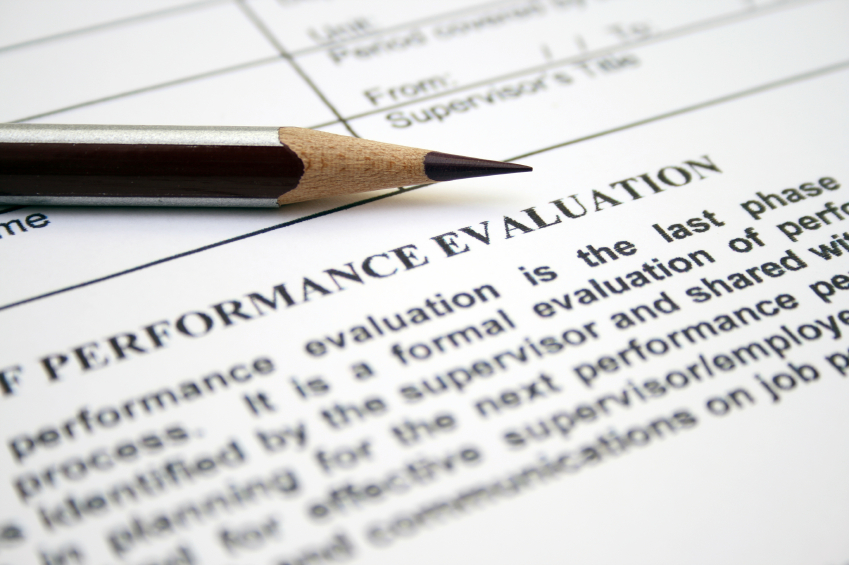In yesterday’s Advisor, we presented the first 5 of our 10 sins of performance appraisers. Today, we cover the last 5—are any of your managers guilty? If so, are you taking steps in your training to correct them?
 |
[Click here to see the first 5 sins.]
Sin #6. Failure to Clarify that “Significant” and “Sustained” Improvement Are Required
We need to see improvement or there will be repercussions. If your work doesn’t improve, I can’t predict what will happen next.
So the New Year begins and the worker does improve—a little—and only for a short time. But he or she did improve, just as asked. Make sure that whenever you ask for improvement, you define what that would consist of, and stress that it must be significant and sustained.
Sin #7. Failure to Take Performance Appraisals Seriously
I’ve got real work to do, and here’s this stack of appraisals I have to get through. I’ll just give them all a “Good.”
The expectation is that managers will look at the appraisal process as an important opportunity to improve the performance of their department, to help their employees develop, and to give credit and rewards where merited. But many managers view appraisals as just another onerous chore. That’s unfortunate. That manager will not only lose the opportunity to improve performance and recognize hard work but also likely set up a situation that an eager lawyer will jump on at some point.
HR budget cuts? Let us help. HR.BLR.com is your one-stop solution for all your HR compliance and training needs. Take a no-cost, no-obligation trial and get a complimentary copy of our special report Critical HR Recordkeeping—From Hiring to Termination. It’s yours—no matter what you decide.
Sin #8. Failure to Be Consistent Across Department and Organization or Playing Favorites
Jim’s performance isn’t that great, but he’s my kind of guy. Judy is a great worker, but her husband has a good job, so I think the higher rating goes to Steve even though his work isn’t as good as hers. Jamie is clearly a better producer than Tracy, but if Tracy doesn’t get the high rating, there will be whining and complaining to the boss; Jamie will just take it, so Tracy gets the high rating.
I know departments are supposed to have only one outstanding rating, but my three are all outstanding.
Within the department, or across the organization, if ratings are inconsistent, there are going to be complaints, morale problems and, eventually, lawsuits. If the inconsistency is blatant, for example, if members of a protected class are consistently rated lower, that’s setting up for a lawsuit, especially if the above-mentioned sins of vague goals and “dishonest” evaluations are present.
Sin #9. Gaming the System
m>I can’t stand Sandy, but I can’t get him transferred unless he has a high rating. Amanda’s work is OK, but she deserves a big raise, and I can’t give it to her unless I give her the “outstanding” slot.
This is gaming the system, giving inaccurate ratings for some reason outside the performance appraisal realm. As we have mentioned, this is always going to lead to trouble, probably very expensive trouble.
Find out what the buzz is all about. Take a no-cost look at HR.BLR.com, solve your top problem, and get a complimentary gift.
Sin #10. Failure to Document Carefully
I know they want me to write this stuff down, but I’m busy, and I’ll remember it.
If there is ever a court case or charge, remember that it will likely be 2 to 5 years after the event that proceedings occur. It will be difficult to remember what exactly was said when, and that’s assuming all the players are still with the company. Clear, contemporaneous documentation will be very convincing.
OK, those are the10 sins of performance appraisals. Avoid them and you’ll likely avoid a lot of heartache, hassle—and expensive lawsuits.
